Top 10 States Where Kenyans Live in the US
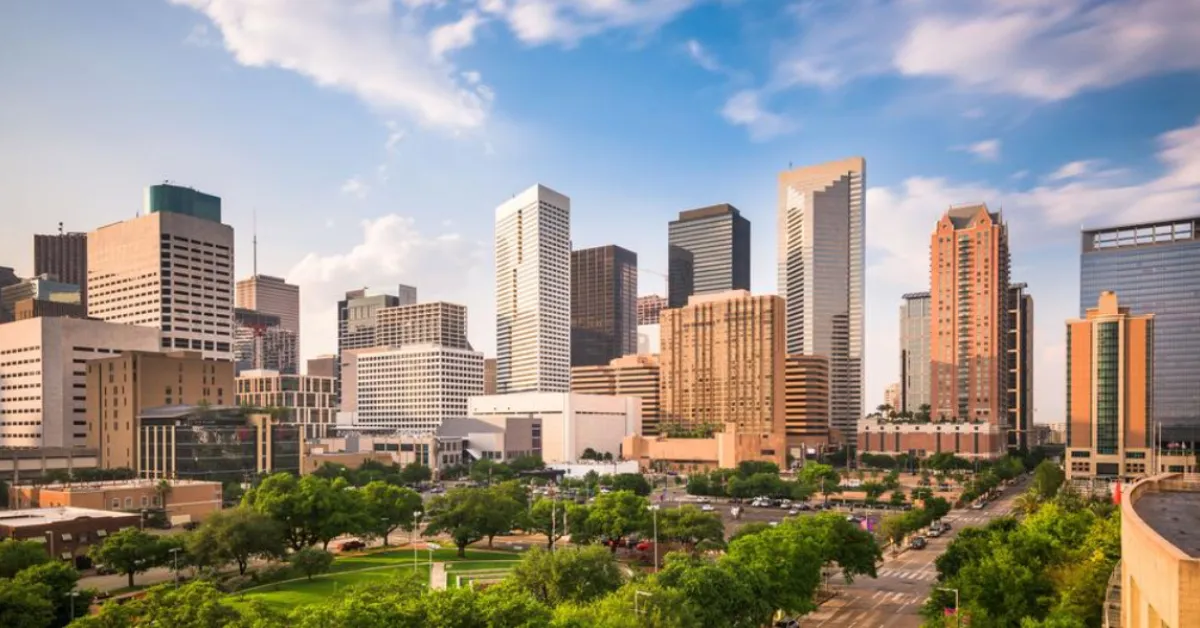
The Kenyan diaspora in the United States has become a vibrant force, contributing significantly to the nation's cultural and economic landscape.
Driven by aspirations for education, economic advancement, and, at times, political refuge, Kenyan immigration to the US has steadily increased since the mid-20th century, with a notable surge following Kenya's independence in 1963 and during periods of domestic instability in the 1980s and 1990s.
Kenyan Americans are concentrated in specific states, according to available data. Texas has the largest population, estimated at over 14,300 residents of Kenyan descent.
Other states with significant Kenyan American communities include Washington (approximately 8,300), California (approximately 8,100), Minnesota (approximately 7,900), and Massachusetts (approximately 7,000). Sizeable communities have also taken root in Maryland (5,937), New Jersey (4,229), Georgia (3,621), Virginia (3,294), and New York (3,201). These concentrations are generally linked to job markets, university systems, and established social networks that support settlement and integration.
These communities have enriched American society by introducing distinct Kenyan cultural elements. Traditional music genres like benga and taarab, along with vibrant dance forms, are showcased at festivals and community events, often blending with American artistic expressions. Kenyan cuisine, featuring staples such as ugali, nyama choma, and sukuma wiki, is gaining popularity through restaurants and dedicated food festivals, offering authentic tastes of Kenya to a broader audience.
National celebrations like Jamhuri Day (December 12th) and Madaraka Day (June 1st) are observed with cultural performances and gatherings, reinforcing heritage and educating younger generations born in the US. Kenyan churches and numerous community organizations are integral to the community's fabric. Churches serve as central hubs for spiritual life and social connection, frequently incorporating Kenyan languages and traditions into their services.
Secular associations, such as the Global Diaspora One Voice Consortium (OVC) and professional networks like Kenyan Engineers and Scientists in America (KESA), provide crucial support systems, offering resources for newcomers, fostering professional development, and advocating for the diaspora's interests. Despite numerous success stories, including prominent figures in academia like the late Harvard professor Calestous Juma, acclaimed authors like Ngũgĩ wa Thiong’o, and world-renowned athletes dominating marathon circuits, Kenyan immigrants face challenges.
Navigating the complexities of the US immigration system, adapting to cultural differences, and overcoming socio-economic barriers related to employment and access to services remain significant hurdles for some. The Kenyan diaspora in the United States demonstrates resilience and adaptability. By maintaining strong cultural roots while actively participating in American life, these communities continue to grow and contribute dynamically.


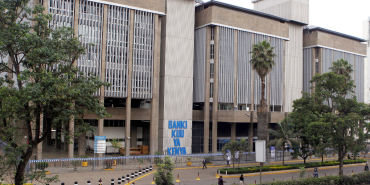

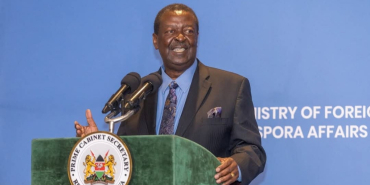
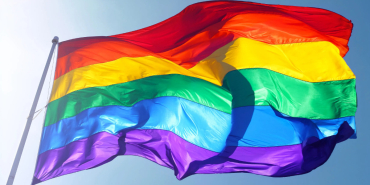
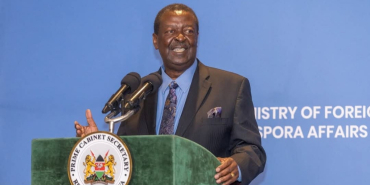
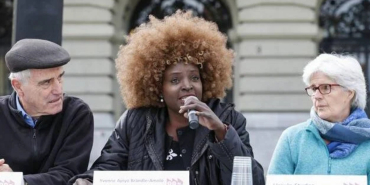


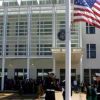

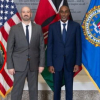

Add new comment